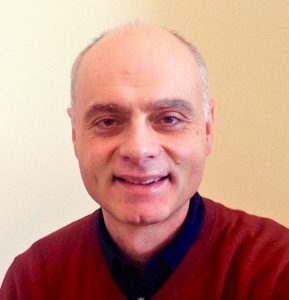This post was adapted from a U.S. Department of Energy announcement

The U.S. Department of Energy (DOE) announced August 23 that it is funding $9.96M to support research in basic plasma science and engineering as well as frontier plasma science experiments at several midscale DOE Collaborative Research Facilities (CRFs) across the nation. The funding will go to 20 universities — including to UW–Madison physics professor Stas Boldyrev — four private companies, and one national laboratory.
The funding will cover 30 awards aimed at supporting basic plasma science research as well as increasing research productivity and participation of U.S. researchers in the CRFs. The awards include three-year single investigator or small group projects as well as short-term, one-time seed funding projects.
“Basic and low temperature plasma science is an important area with many scientific and technological impacts,” said Jean Paul Allain, DOE Associate Director of Science for Fusion Energy Sciences. “The research funded under this FOA will enable the U.S research community to address many fundamental and technological science challenges helping to ensure continued American leadership in this critical field.”
Boldyrev’s award will investigate turbulence in relativistic plasmas, which is more poorly understood compared to its non-relativistic counterpart. Relativistic plasma turbulence exists in extremely hot and energetic natural systems, where plasma and/or particle flow rates approach the speed of light, and it is required to explain radiation spectra of space phenomena such as solar flares or galactic nuclei jets.
“This project intends to develop analytical, phenomenological, and numerical models of turbulent energy cascades, and describe how such turbulence interacts with magnetic fields,” Boldyrev says. “We will concentrate on universal statistical properties of relativistic turbulence, which makes the results applicable to various lab, space, and astronomy environments, where such turbulence is present.”
Vadim Roytershteyn of the Space Science Institute is a co-investigator.